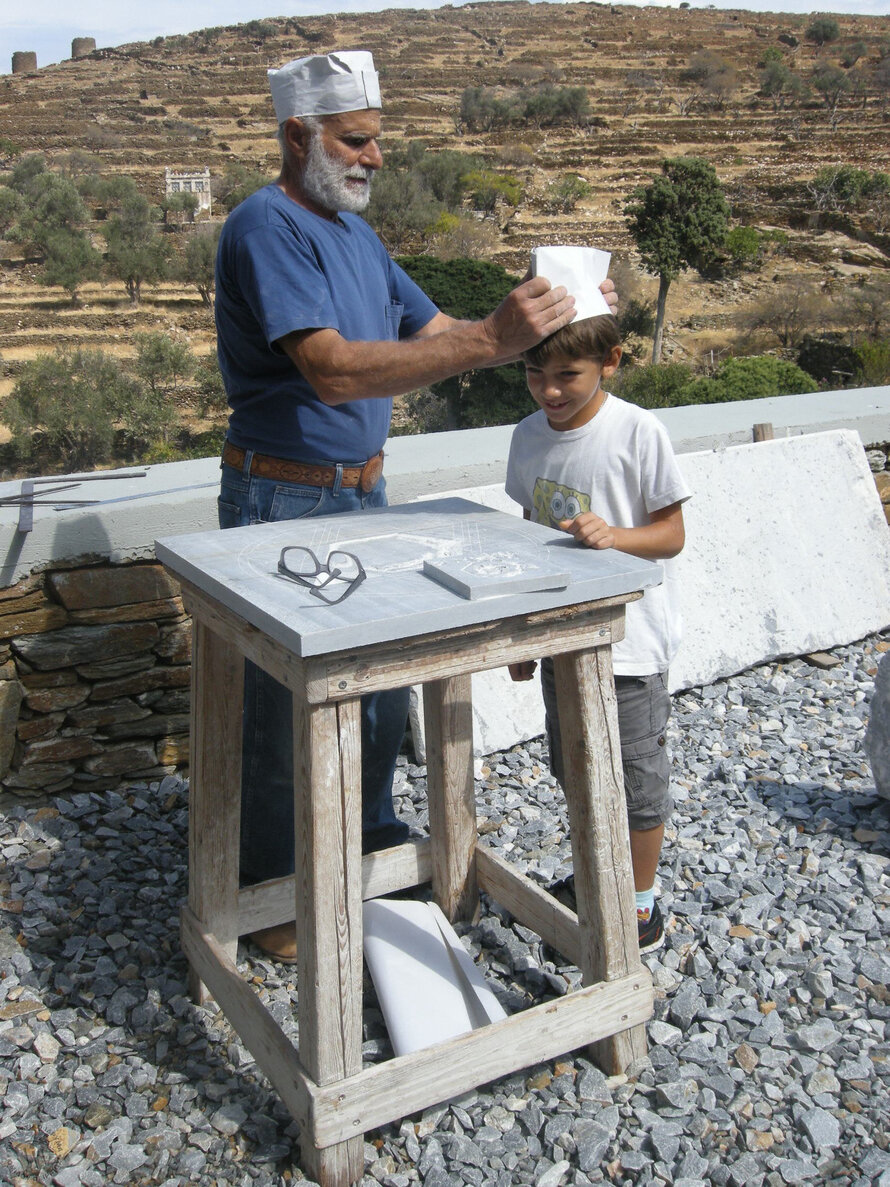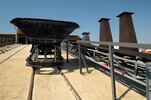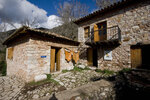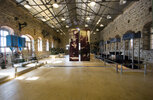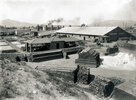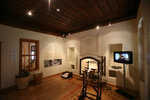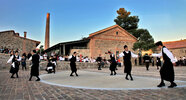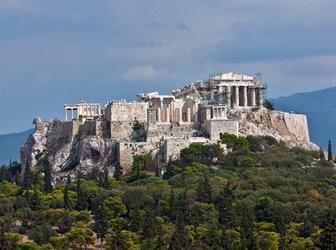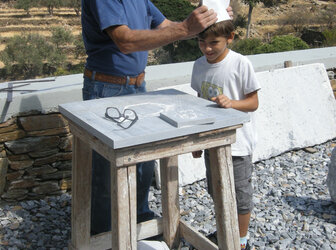The "Piraeus Bank Group" Cultural Foundation (PIOP), Athens
The Piraeus Bank Group Cultural Foundation (PIOP) is a non profit institution that represents the Culture Pole of the Piraeus Bank Group Corporate Social Responsibility (Society - Culture - Environment). Beyond its institutional role, since 1986, PIOP has devoted its activities ...
Read more
Project details
| Title: | The "Piraeus Bank Group" Cultural Foundation (PIOP), Athens |
|---|---|
| Entr. year: | 2012 |
| Result: | Award |
| Country: | Greece |
| Town: | Athens |
| Category type: | organisation |
| Architect / Proj.leader: | Dedicated service by individuals or organisations |
| The Jury's citation: | "The Jury was much impressed by the altruistic approach of the Piraeus Bank Group Cultural Foundation, and praised the important work done to grant derelict heritage buildings a second life by transforming them into regional museums, well suited to attract the public at large. The museums thus created represent an exemplary effort to make both the buildings and their collections available to the public, a most praiseworthy effort of ensuring sustainability in a regional context." |
| Web, Links: | www.piop.gr/en.aspx |
Description:
The Piraeus Bank Group Cultural Foundation (PIOP) is a non profit institution that represents the Culture Pole of the Piraeus Bank Group Corporate Social Responsibility (Society - Culture - Environment). Beyond its institutional role, since 1986, PIOP has devoted its activities to the safeguarding of technology and traditional crafts, a neglected domain of material culture in Greece, becoming thus a reliable and constant mediator -in national and international level- for the preservation and promotion of the pre-industrial and industrial heritage of the country. PIOP's work is communicated to the public via research programmes, publications, public outreach events, accessible digital cultural content, etc. Nevertheless, it is the Museums Network that marks PIOP's outstanding contribution; hence it constitutes a best practice example for the method of creating museums in the Greek regions and the model of managing their functioning, under the scope of ensuring sustainability and obtaining support to the hosting regions. To the present, seven technological thematic museums have been created, whilst three more are on the way. These museums, which belong to the local communities, highlight distinctive productive activities, representative of each region, and support regional development by becoming a meeting place and a point of reference for the local population.
